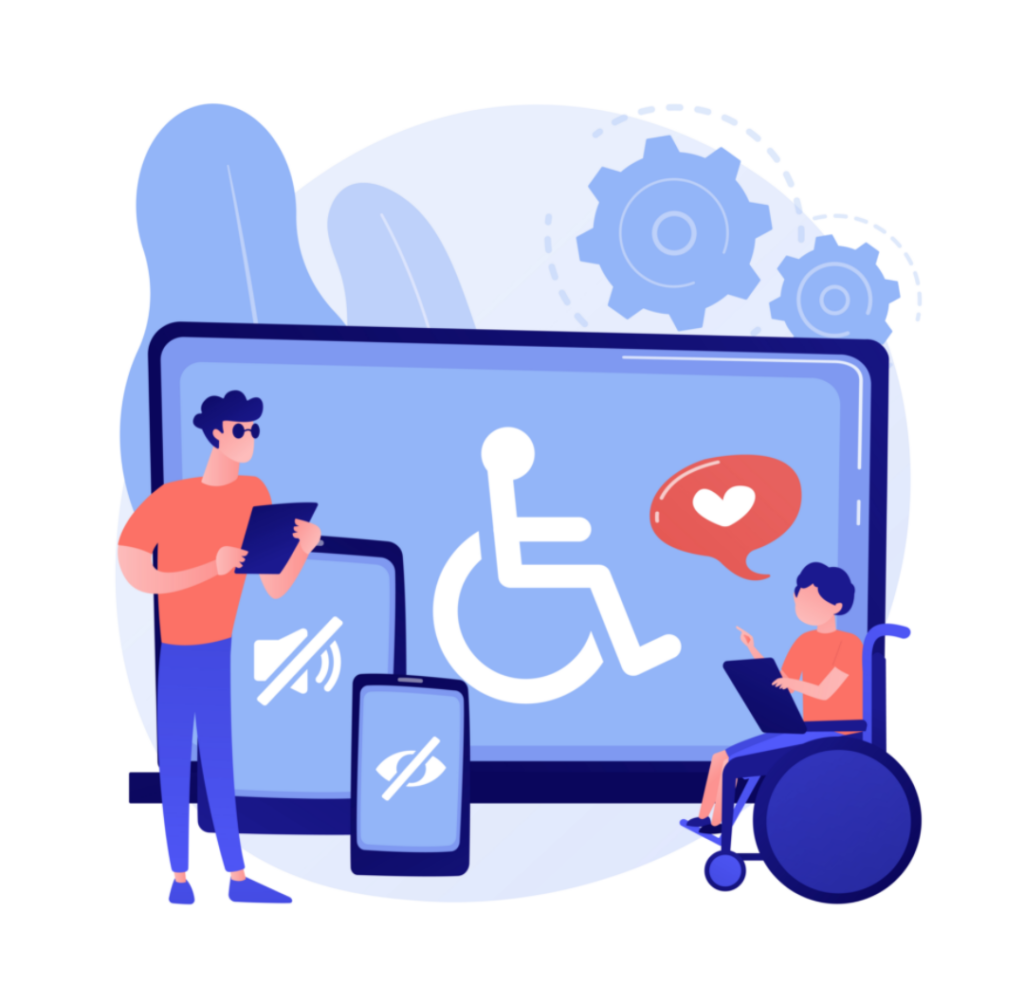By Paul Lamont, Product Director, Experian
When we think of technology, we might often think about applying science for a practical purpose, but this can seem detached if we’re unsure of what that purpose is. The idea of technology doing good is not a new one, but it guides our thinking at Experian. We believe that finding this purpose fundamentally builds better products for businesses and clients, and can drive significant societal benefit.
Many companies underestimate the significance of accessibility in their product and process designs, but this is often where significant user value can be found. In the UK, 16 million people are disabled, making up almost a quarter of the population (24%). For those in need of support or with disabilities, disclosing those support needs to essential service providers can pose significant challenges, leaving millions unable to engage with businesses for necessary support or information.
This is not an isolated issue. The Financial Conduct Authority (FCA) estimates that 7.4 million people have faced difficulties reaching their service providers, with the most vulnerable in society encountering the most significant challenges.
To tackle this problem, businesses across all sectors need to adopt a more proactive approach to guarantee the accessibility of their services is baked into their thinking, especially in the financial services sector where it might sometimes be less apparent. Without new innovations, customers lack the empowerment to access services in the way that suits them best, and this situation cannot continue.
The consequences of narrow design
The impact on being unable to access services is substantial. According to our own research among consumers, nearly three-quarters (73%) of disabled people have hesitated to contact essential service providers, because the process seemed too daunting. The consequences of these delays mean individuals are often missing vital support, crucial information and not receiving reasonable adjustments to support them in using an organisations services.
This can result in a variety of negative outcomes ranging from not being able to access essential services, or not making optimal decisions because they did not have the information required to do so.
In fact, disabled people wait an average of 82 days before reaching out to essential service providers. The reasons behind this delay are extensive, with more than a third of feeling emotionally drained, 34% experiencing anxiety, and 27% left demoralised after interacting with companies.
The consequences of these delays have broad implications, impacting lives. Some 28% reported adverse financial effects resulting from challenges in reaching essential services. Surprisingly, only 19% have sought support from service providers, underscoring the magnitude of the issue.
Accessibility issues not only impact the wellbeing of disabled customers, but their consumer choices and finances too. Disabled people are less likely to switch service providers across various sectors such as credit cards, savings accounts, energy suppliers, and TV subscriptions. Only 28% have switched credit cards, compared to 36% of those without access needs.
There is a clear need for increased efforts to shield disabled customers from these challenges and to guarantee that consumer choices are not narrow and equitable for everyone.
Inclusive Design is good design
An error that many organisations make is to silo accessibility design solely for the benefit of disabled or vulnerable consumers. However, because inclusive design forces organisations to think of first principles in designing a simple and accessible journey, these disciplines should result in a vastly improved journey for consumers.
For example, when I was working with a consumer with dyslexia – his requirements were making sure language was simple and limited with no jargon, that colour contrasts were sufficient, and that every click was intuitive and well explained.
The reality is that these requirements are also very helpful for many more consumers than those with dyslexia – including partially sighted or blind consumers using screen readers, consumers with cognitive vulnerabilities, lower levels of reading attainment or do not speak English as their first language.
This is not trivial – as organisations increasingly move their services online, being able to deliver frictionless journeys will have a direct impact on overall engagement, conversion, brand positioning and ultimately success.
Accessibility by design
Experian, in collaboration with leading UK companies such as HSBC UK, Nationwide Building Society, Tesco Bank, NewDay, Co-operative Bank, and Ovo, have started to address this by launching The Experian Support Hub. This service, developed over three years with service providers, charities and leading vulnerability experts and lived experience experts, offers a portal for consumers to communicate their support needs to multiple businesses, in a simple and consistent way.
Through a straightforward sign-up process, users can share with firms what reasonable adjustments will make their services more accessible, whether the need for braille communications or longer face-to-face appointments.
Support Hub is designed to solve the key consumer challenges of time and empowerment– by reducing the repetitive process of disclosing their support needs to many different service providers, whilst also doing so through a well-designed, accessible user interface that gives consumers transparency and control of their information.
Research conducted by Experian has shown that consumers will disclose their support needs to service providers, but their trust in any solution requires high levels of transparency and control of their information. This is not an unreasonable request – but has historically not been the focus of industry solutions that gave focused more on the mechanisms to move data. To deliver a tell-us-once solution that puts the consumer first requires an innovative, collaborative cross-sector effort.
We are at the start of the journey. The ambition is to create a more accessible service ecosystem for everyone but Support Hub would never have come to fruition without deploying leading technology and data management platform, areas Experian is expert in, which will lead to better outcomes for both businesses and their customers.









